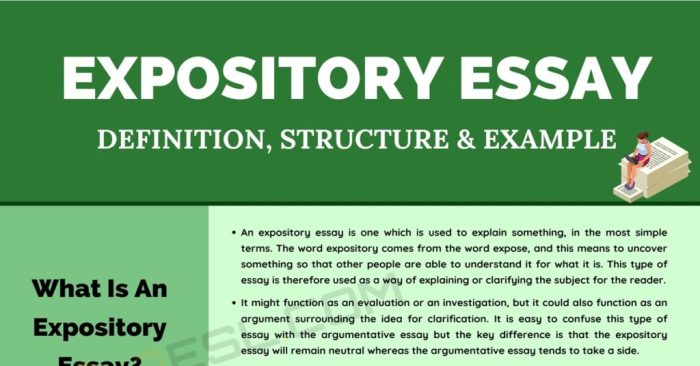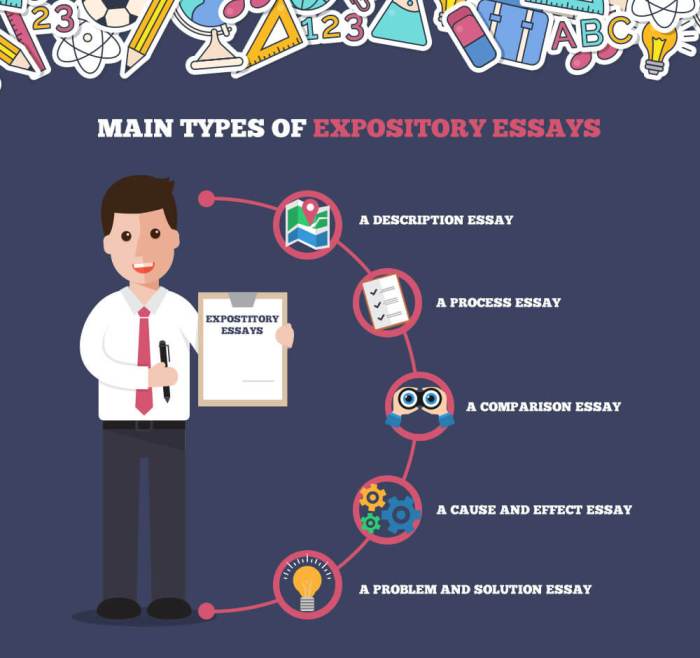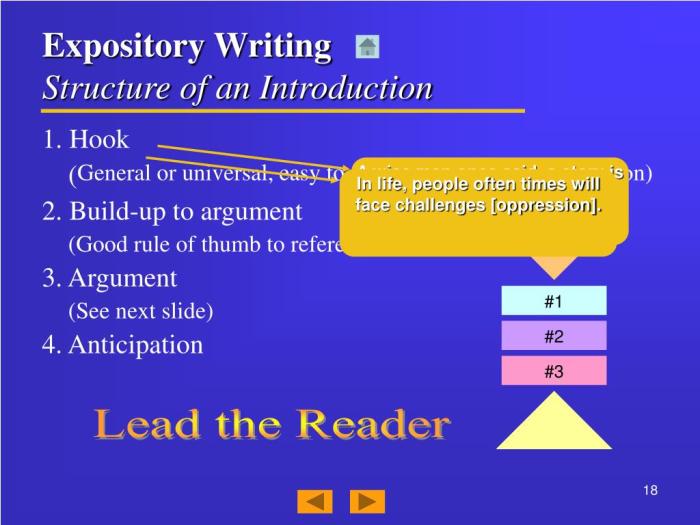Imagination is a basic factor in correct expository writing. This concept takes center stage as we delve into the realm of effective expository writing, where imagination serves as a cornerstone for crafting compelling and impactful prose. As we embark on this journey, we will explore the intricate interplay between imagination and expository writing, uncovering its profound influence on idea generation, clarity, audience engagement, organization, style, and the writing process itself.
Imagination empowers writers to transcend the boundaries of the mundane, injecting life and originality into their writing. It allows them to explore diverse perspectives, create vivid imagery, and establish connections with their audience that resonate deeply. By harnessing the power of imagination, writers can transform dry, informative text into captivating narratives that inform, engage, and inspire.
Imagination in Expository Writing: Imagination Is A Basic Factor In Correct Expository Writing.

Imagination is a crucial factor in effective expository writing. It enables writers to generate compelling ideas, enhance clarity and effectiveness, and engage readers in a memorable manner.
Imagination in Idea Generation
Imagination stimulates the generation of original and insightful ideas. It allows writers to explore diverse perspectives, create hypothetical scenarios, and envision potential outcomes.
For example, an expository essay on climate change could draw upon imagination to illustrate the potential impacts of rising sea levels on coastal communities.
Clarity and Effectiveness
Imagination can enhance the clarity and effectiveness of expository writing by:
- Creating vivid and relatable scenarios that illustrate complex concepts
- Providing concrete examples that support abstract ideas
- Using figurative language to evoke emotions and create a lasting impression
For example, a writer explaining the concept of democracy could use an imaginative analogy to compare it to a team sport.
Balancing Imagination and Facts, Imagination is a basic factor in correct expository writing.
While imagination is essential, it must be balanced with factual information to ensure the credibility and accuracy of expository writing. Writers should use research, data, and expert opinions to support their imaginative ideas.
Expert Answers
What is the role of imagination in expository writing?
Imagination plays a pivotal role in expository writing by fostering idea generation, enhancing clarity, and facilitating audience engagement.
How can imagination enhance the clarity of expository writing?
Imagination enables writers to create vivid imagery, relatable scenarios, and engaging narratives that make complex concepts easier to understand and retain.
How does imagination help writers connect with their audience?
Imagination allows writers to tap into human emotions, experiences, and aspirations, creating a bridge between the writer and the reader that fosters empathy and understanding.

